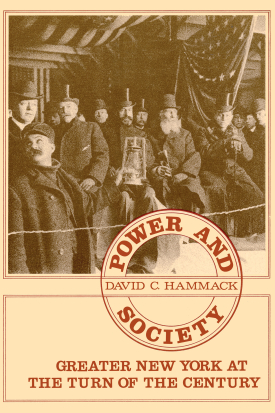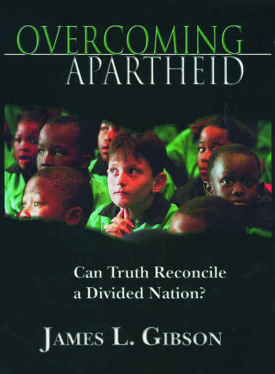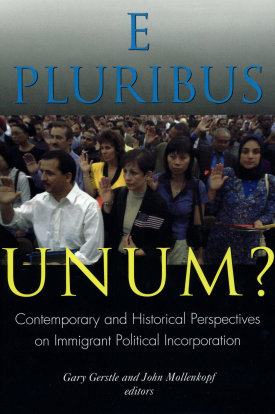
Power and Society in Greater New York
About This Book
Who has ruled New York? Has power become more concentrated—or more widely and democratically dispersed—in American cities over the past one hundred years? How did New York come to have its modern physical and institutional shape? Focusing on the period when New York City was transformed from a nineteenth-century mercantile center to a modern metropolis, David C. Hammack offers an entirely new view of the history of power and public policy in the nation's largest urban community.
Opening with a fresh and original interpretation of the metropolitan region's economic and social history between 1890 and 1910, Hammack goes on to show how various population groups used their economic, social, cultural, and political resources to shape the decisions that created the modern city. As New York grew in size and complexity, its economic and social interests were forced to compete and form alliances. No single group—not even the wealthy—was able to exercise continuing control of urban policy. Building on his account of this interplay among numerous elites, Hammack concludes with a new interpretation of the history of power in New York and other American cities between 1890 and 1950.
This book makes a major contribution to the study of community power, of urban and regional history, and of public policy. And by taking the meaning and distribution of power as his theme, Hammack is able to reintegrate economic, social, and political history in a rich and comprehensive work.
"Lucid, instructive, and discerning....The most commanding analysis of its subject that I know." —John M. Blum, professor of history, Yale University
"A powerful and persuasive treatment of a marvelous subject." —Nelson W. Polsby, professor of political science, University of California, Berkeley
DAVID C. HAMMACK is professor of history at Case Western Reserve University.


